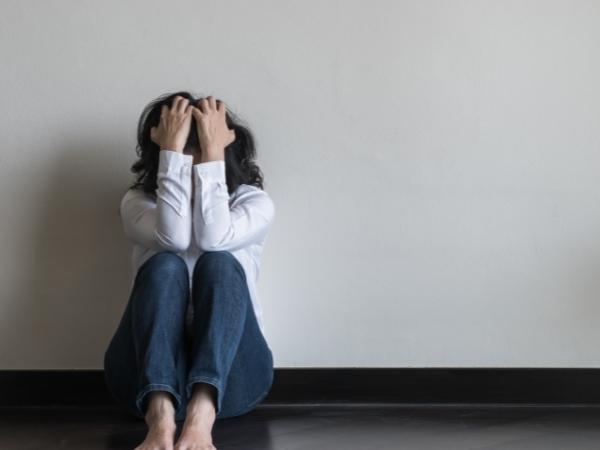How many adults face mental health problems?

Two in three adults struggle with mental health issues, according to the article published by the Mental Health Foundation:
A major new study by the Mental Health Foundation on the nation’s mental health has uncovered that most Britons (65%) say that they have experienced a mental health problem – like a panic attack or depression. The study found that this is an issue that is becoming worse, with younger people more likely than those over the age of 55 to say that they have experienced a mental health issue.
Those between the ages of 18 and 54 were significantly more likely to say they have experienced a mental health problem (70% of 18-34 year olds and 68% of 35-54 year olds) compared to those over the age of 55 (58%).
These are very alarming and very real numbers.
For many years there has been some stigma associated with ‘not feeling ok’ or having a sense that ‘I am weak’ if I struggle with these issues.
First, no one needs to be alone with this.
Second, it is more likely that in saying ‘I am struggling’, others will recognise and validate how complicated life is.
Third, it is actually a sign of strength and courage to be with and open up to the struggles that so many people are facing.
Now it is our job, our life’s work to help people keep the courage to live their lives. At EASE Wellbeing, we help you recognise the problems that living involves and face them with courage. You’ll then discover a renewed sense of purpose, role and meaning in the possibilities that will present themselves if we help you tackle these issues.
EASE Wellbeing talking therapy service provides short-term therapy, which is a real conversation in a collaborative way. This means talking about the difficulties a person faces humanly without special skills or techniques.
We take the mystery and stigma out of therapy so that the person and the counsellor can establish how a person has responded to the difficulties facing them and may find themselves “stuck”. We call these conversations assessments and setting goals for therapy.
Together, we look at a person’s values, beliefs, attitudes and assumptions about themselves and others and the world and how talking might allow the person to make the most out of their way of being in discussing how they are stuck.
We know millions are struggling. You’re not alone. We can help.
